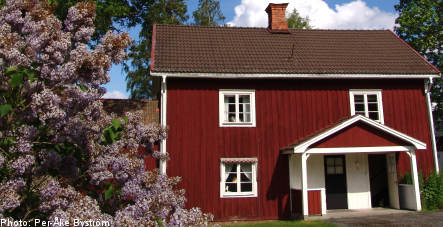The average price of an apartment fell by 4 percent last month, compared to 10 percent in October, according to Mäklarstatistik, a cooperative project run jointly by estate agencies Fastighetsbyrån, Svensk Fastighetsförmedling and Mäklarsamfundet (Association of Real Estate Agents).
In the capital, the cost of an apartment dropped by 3 percent in the city centre and 1 percent in the greater Stockholm region.
Viewed over a period of three months, apartment prices have dropped by 10 percent in the city centre and 9 percent in the outskirts.
In central Gothenburg, the price of an apartment slipped back 3 percent in November, and 8 percent over the last three months.
Comparative figures for Malmö showed a 2 percent drop in November and 4 percent for the last three months.
House prices in Sweden shed 3 percent in November, compared to 5 percent in October.
Broken down by city, house prices fell by 3 percent in the Stockholm region, 2 percent in the Gothenburg region, while in Malmö they remained unchanged.
Estate agents have noticed a marked increase in housing market activity, with the number of people attending viewings rising since the central bank cut interest rates.
But the heightened demands made by banks on potential buyers have kept the brakes on prices, according to Mäklarstatistik.




 Please whitelist us to continue reading.
Please whitelist us to continue reading.